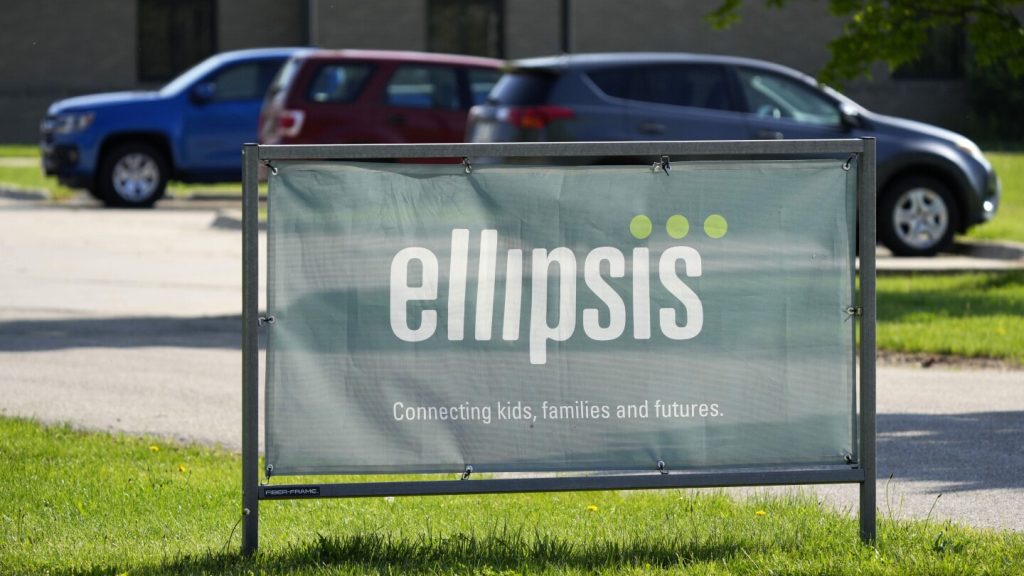A tragic incident at the Ellipsis Iowa juvenile treatment center in Des Moines has brought attention to the facility’s handling of potentially dangerous situations. Kathleen Galloway-Menke, a 50-year-old staff member, was assaulted by a 15-year-old resident on May 8 and later died from her injuries. The teenager, who had a history of violence, has been charged with second-degree murder and is currently in juvenile detention. Questions have been raised about the training provided to staff members at Ellipsis, as well as the protocols in place for dealing with runaways and potentially dangerous youths.
The Ellipsis Iowa facility, formed in August 2021 through a merger of two nonprofit organizations, serves over 750 youths and their families each day with residential care, treatment, counseling, and other services. Residents at the facility are there on court orders, and the organization claims that employees are thoroughly trained on de-escalation techniques and ways to handle various situations safely. Despite the tragic incident that took Galloway-Menke’s life, Ellipsis states that the attack was an isolated event and is working with the Iowa Department of Health and Human Services to enhance safety and security measures at its facilities.
Johnston Police Department records show that officers responded nearly 1,000 times to the Ellipsis Iowa center in the past three years, including numerous reports of runaways and assaults. Last year alone, 251 runaways and 31 assaults were reported, among a total of 382 police calls to the facility. Police Chief Dennis McDaniel did not criticize Ellipsis but mentioned that there have been ongoing discussions between law enforcement and facility officials regarding the increasing service needs of juveniles placed at the center. Ellipsis has pledged to add additional safety and security measures to protect both staff and residents, as well as the community at large.
On the evening of the attack, the 15-year-old runaway had left the center without permission, prompting Galloway-Menke and another staffer to follow him at a distance, as per Ellipsis’ protocol. Despite efforts to keep the teenager in sight until law enforcement arrived, he suddenly turned and sprinted towards Galloway-Menke, shoving her and causing her head to hit the concrete. Galloway-Menke underwent emergency brain surgery but doctors determined she would not recover. The organization stated that its staff acted as safely as possible in response to the incident, given the circumstances. While working at juvenile centers can be risky due to the potential dangers posed by residents, deaths are rare, with Galloway-Menke’s case being a tragic exception.
Galloway-Menke’s untimely death has deeply affected her family, particularly her two daughters, who were very close to their mother. The loss has raised concerns about the safety and security of staff members working at juvenile treatment centers, as well as the support and training provided to handle difficult and potentially dangerous situations. The tragic incident at Ellipsis Iowa highlights the challenges faced by staff members in ensuring the well-being of both residents and themselves, and calls for a closer examination of protocols and training programs in place at such facilities. In light of this heartbreaking event, there is a renewed focus on improving safety measures and support for staff members in similar roles to prevent future tragedies from occurring.














